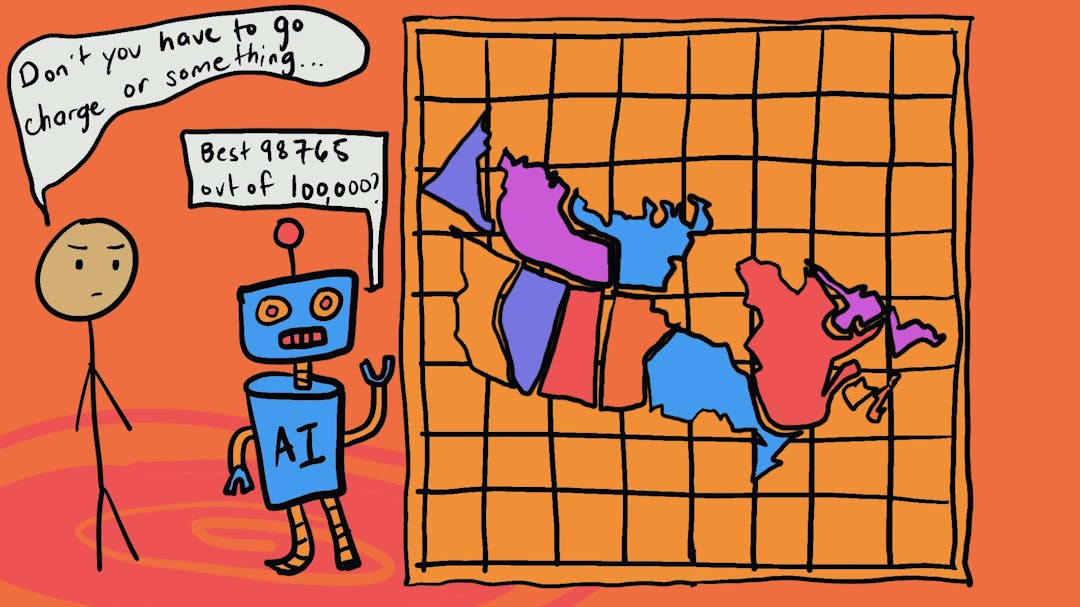How Behavioral Science Can Inform A Post-COVID World: Susan Michie
I just hope that people will have the resilience to, after this pandemic, collectively work together to think about, first of all, the best way forward. What have we got wrong? What should we do differently? But also, exercising muscle. How can people on the ground exercise muscle to governments, and say, ‘You know what? We want something different.’
Intro
Since the beginning of 2020, COVID-19 has changed virtually everything about our lives, from how we work to how we care for one another, and even how we spend our time and money. Behavioral science is keeping up. In this episode of The Decision Corner, we sit down with British psychologist and behavioral science advisor Susan Michie to tear apart some of the most complex causes and effects of the COVID-19 pandemic. Michie shows us how increased public engagement in behavioral science and health research can help us imagine a post-COVID world that is more equitable, environmental, and convenient than the one we left behind. Read more about her research, including the development of the behavior change wheel, here. Some topics that we discuss include:
- The operation of British scientific advisory group in emergencies (SAGE)
- The gap between scientific research and public policy—are governments really “following the science?”
- How a psychological look at problem framing can help change the way we talk about the pandemic
- Contributors to the pandemic, including weakening global ties and environmental degradation
- The need for increased public engagement in behavioral science research
- How behavioral science can inform a better future





